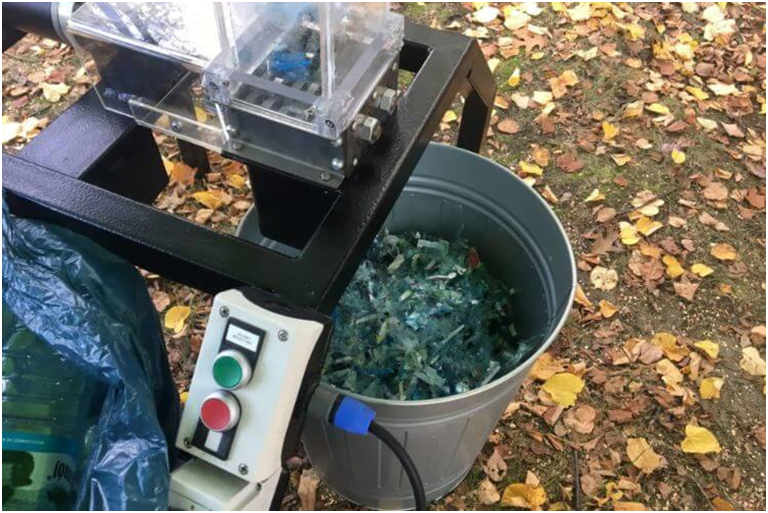Last Updated on 28/11/2024 by Jack Anderson
It is an open secret that plastics pose a real danger to our environment. But now they are present everywhere in our daily lives. Should we stop using it? This option does not seem feasible given their daily practicality. The best solution is therefore to recycle the plastic. But how to do it effectively? You will have more details in this article.
Why Recycle plastic?
The use of plastic is undeniably part of our daily lives. Whether it is the purchase of a jug of milk, a can of water, or a plastic bag to carry groceries, they are everywhere. So we never stop producing plastic waste.
But as a derivative of petroleum, there are two big risks we are exposed to: it is a long-lived material that puts soils and waters at risk. In addition, we risk the depletion of a natural resource such as oil. Recycling plastic, or more precisely plastic waste, is, therefore, an excellent way to allow their reuse, while preserving the environment.
How to Recycle Plastic?
One of the most common questions about recycling is what can be recycled and how. While recycling practices vary from place to place, there are some general guidelines that can be followed when recycling plastic.
l Sorting Plastics in our Daily Life
It’s important to recycle plastics, but it’s also important to recycle them properly. Without the right kind of sorting, plastics can end up in the wrong recycling stream and cause problems at the recycling facility. So what’s the best way to sort plastics at home?
The first step is to figure out what kinds of plastics your municipality accepts for recycling. Most accept PET (polyethylene terephthalate) and HDPE (high-density polyethylene), but some also accept other types like PVC (polyvinyl chloride) and LDPE (low-density polyethylene). Once you know which types of plastics your municipality accepts, you can start sorting your plastics accordingly.
The next step is to clean your plastics before putting them in the recycling bin. Plastics that are dirty or greasy can’t be recycled, so make sure to rinse off any food residue before recycling. Once your plastics are clean, you can put them in the appropriate recycling bin.

l Handling Plastics in the Sorting Center
At the sorting center, they receive a lot of plastics – everything from bottles and packaging to toys and laundry detergent containers. While some plastics can be recycled into new products, others need to be disposed of in a landfill. To sort the plastics, the staff first separate them by type. Then, they use a variety of machines, like a plastic shredder to clean and shred the plastics. After the plastics are sorted and cleaned, they are sent to one of the recycling facilities. There, the plastics are melted down and turned into pellets that can be used to make new products.
What Can Recycledshredded plastics be used for?
Shredded plastics can be recycled to make a variety of different products. The most common way to recycle shredded plastics is to use them as filler material in other products. For example, shredded plastics can be used as filler in concrete or asphalt to make roads and sidewalks. They can also be used as insulation in buildings or as filler material in soundproofing products. In addition, shredded plastics can be used to make new plastic products. For example, they can be used to create fencing, composite lumber, and plastic containers.
Plastic recycling is important for preserving the environment and preventing pollution. It’s easy to recycle plastic, and there are many ways you can do it. By following these simple tips, you can help reduce the amount of plastic waste that ends up in landfills and oceans. So what are you waiting for? Start recycling today!